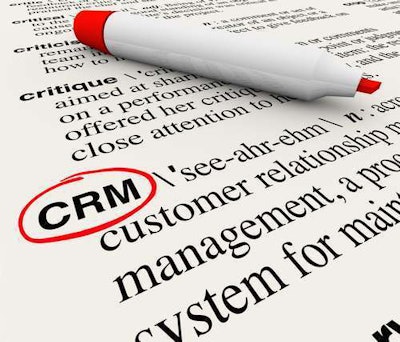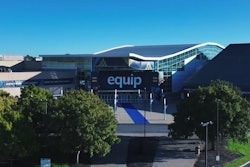
“Customer relationship management represents the processes, skills and systems necessary for cultivating and keeping customers,” Dyche says. “Put another way, CRM is about getting customers — and getting them to come back.”
While it may sound like something only massive corporations need, even small businesses can benefit from having a more structured CRM system.
Dyche says, “people and/or companies that are your customers are all different.” Because of the differences in needs, behaviors and preferences, having a more detailed system can help you and your customers better. “The better you know them, the better you can sell to and serve them,” she says. “And the easier you can make it to do business with you.”
There are a lot of different reasons landscaping companies should keep track of their customer base. According to Dyche, it could be as simple as tracking service and maintenance tickets. Or you may use it to create an automated marketing plan or get customer stats.
Dyche says to consider your company’s requirements now and in the future. So that could mean using a simple spreadsheet or getting a more sophisticated program. The most important part is finding a system that “will help improve the customer’s experience,” Dyche says.
She used landscapers having corporate clients to show how CRM can assist them. They may want to keep track of which companies have buildings owned by property managers or run by company owners. They may want to track the kinds of plants each company needs or when to mulch.
“The more attributes you have about customers, the better your service becomes,” Dyche says. “Customers will have more meaningful interactions with you than simply getting their monthly invoices. Keeping and enriching customer data via CRM lets you have more relevant conversations with them in a more timely way. This can translate into revenue uplift through more targeted marketing campaigns, cross-selling and referral programs.”
So adopting a CRM program is great for you and your bottom line, but how does that translate to your employees? Dyche says compensating employees for good customer interaction is a start. She says a bank compensated employees with a $100 bill right on the spot if a customer raved about him or her. This doesn’t work for every company, but she says visible rewards are great incentives for better customer focus.
She recommends checking out the Direct Marketing Association and the Association of National Advertisers for information on customer outreach and marketing practices.










